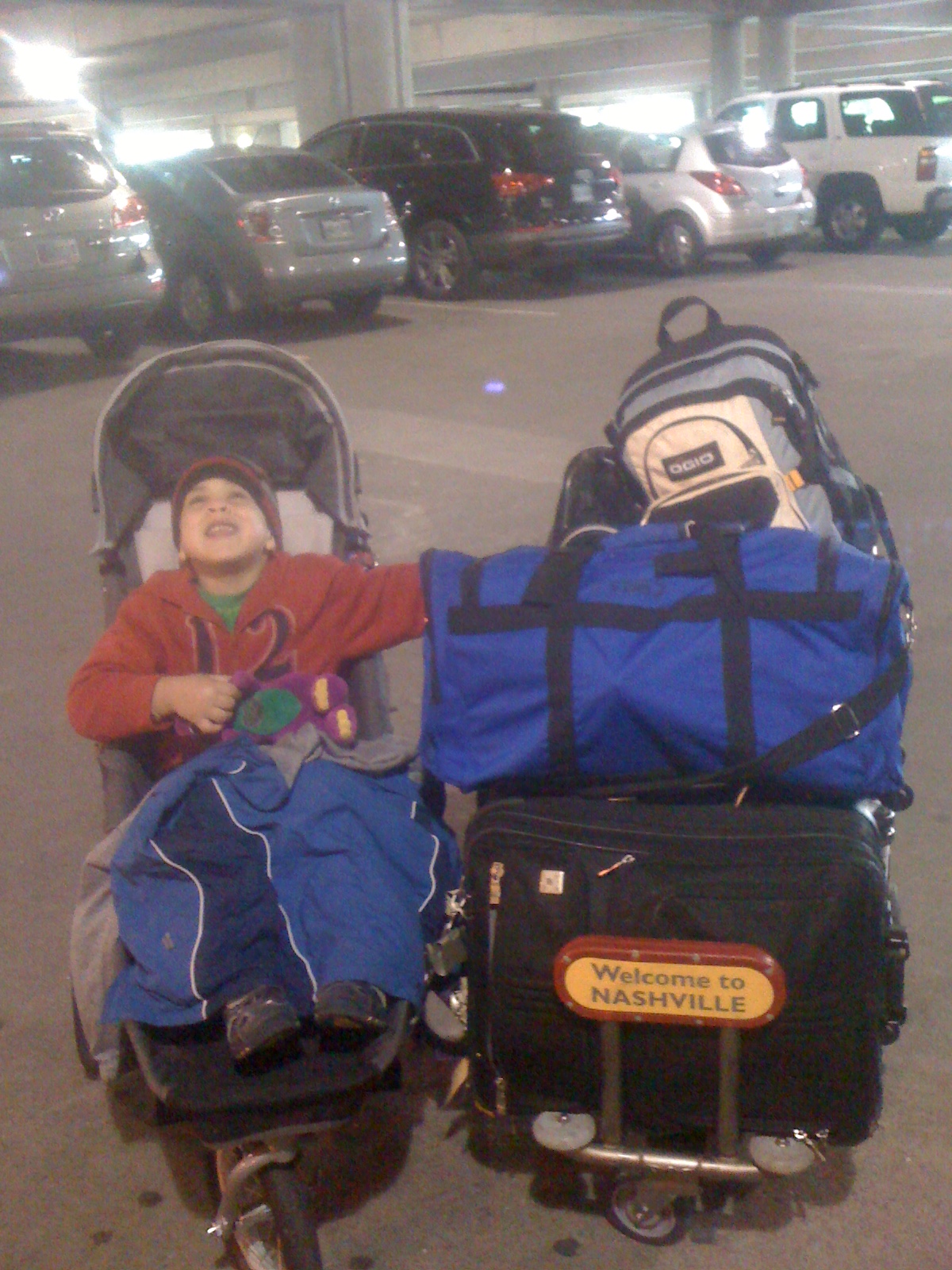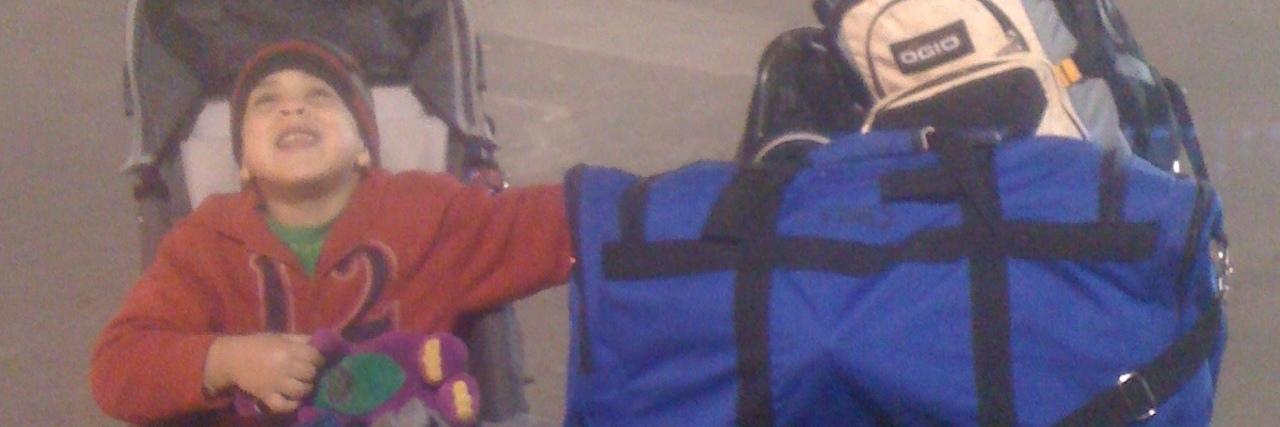When someone says “frequent flyer,” we usually think of business executives, salespeople or anyone who travels a lot as part of their job. When we look around a plane, we expect to see people headed to meetings. We hear families talk excitedly about their upcoming vacation. We sit next to travelers headed to visit friends or family.
My 10-year-old son got his frequent flyer number when he was 2 years old. We knew he’d need it.
At 2 years old, our son Case was diagnosed with a rare disease called Hunter syndrome, or MPS II, and one of the world’s leading doctors for that disease was several states away but only a direct flight away on Southwest Airlines.
That first flight was a challenging one for him. Not only was he only 2, but his disease causes cognitive delay and behavioral challenges similar to combining autism, severe attention deficit hyperactivity disorder (ADHD), obsessive-compulsive disorder (OCD) and sensory processing disorder (SPD).
He pulled the tray up and down. He buckled and unbuckled his seatbelt. He kicked the seat in front of him. He yelled. He fussed. He spilled his drink and his food.
So when, a year later, he qualified for a clinical trial that would involve taking that same flight over and over and over again, there was a pause to consider if we could manage it. How would I control him on those flights? How could we get our bags where they needed to be and keep him from running away? Would everyone we sat next to ask to be moved?
Despite knowing the challenges, we couldn’t say no. Hunter syndrome causes progressive loss of cognitive and physical function with an average life span in the early teens, so we knew we had no time to waste. This clinical trial, the first of its kind in his disease, was going to be our only chance to save him. We’d have to make the travel situation work.
Thus began our odyssey of flights and hotels, surgeries and appointments. In the first four years of the clinical trial, we flew on over 100 Southwest Airlines flights and spent more than 250 days away from home.

My son made friends with everyone from TSA agents, to gate check employees, flight attendants, to curbside baggage attendants.
But he relished in the kindness and helpfulness of the crews with Southwest Airlines. They were never impatient with him. They played along when he told his stories that didn’t quite make sense to anyone but him. They helped me with our awkward bags filled with attention-occupying electronics, toys and snacks. And they didn’t shy away when they could tell I’d been crying.
So when I saw yesterday, on our gazillionth flight home, that they wanted people to share their stories in a #175Stories social media campaign, I knew we had to share.
Check out Case’s Southwest Airlines story.
We want to hear your story. Become a Mighty contributor here.

